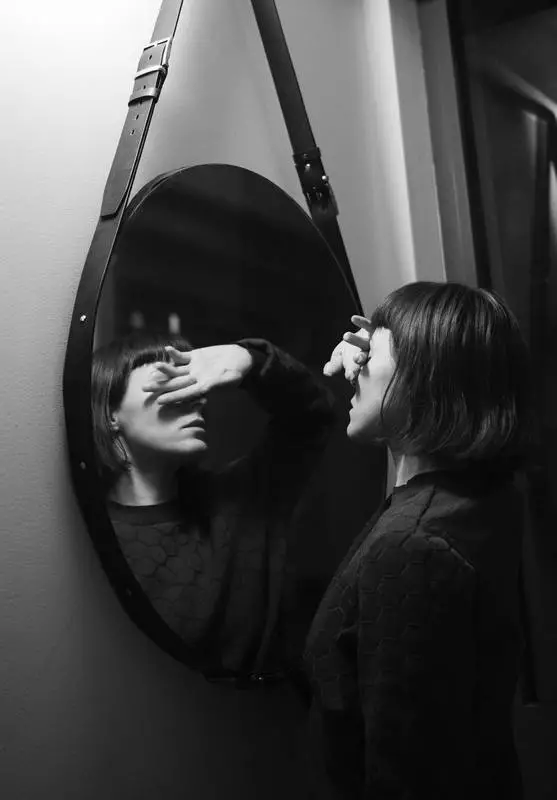Drug addiction is a complex disorder that impacts people in different ways. Some people recognize that they are in need of help, while others may not want to believe it. No matter what your thought pattern is right now, it’s quite important to understand what’s happening to you. Take a few minutes to really sit with yourself and consider the last few months or longer.
Signs of Drug Addiction – What to Notice in Yourself
In some situations, family members may point out that something isn’t okay. Other times, you may be able to see what’s occurring if you spend a few minutes carefully considering your daily experiences. Here are some of the most common signs of drug addiction.
Feeling the need to use drugs
Many people with addiction need to use drugs on a frequent basis. They may feel compelled to do so. It may be hard to think about anything else until you get drugs. Some people use once daily, while others use numerous times a day.
Need to use more drugs to get relief
Some people find themselves needing to use more drugs over time. That’s because the body has become used to the current dose and requires more to reach the same level of high or relief. Keep in mind that the more you increase your dosage, the more likely you are to suffer from an overdose.
Being unable to control yourself
Some people with addiction set out to use a small amount or perhaps just have a drink or two. When they get there, though, they cannot stop themselves and continue to use uncontrollably. You may struggle with being able to slow how much you use.
Trouble maintaining responsibilities
It is hard to see this one for yourself. However, you may have family and friends disappointed because you missed functions or failed to meet your responsibilities. You may find yourself making mistakes at home or work more often. You could be frustrated that you are unable to get work done on time or tasks at home just seem so hard or impossible to complete.
Engaging in activities that you normally would not
Many people with addiction feel driven to use without the ability to control that need. That is, they may engage in activities that they would not normally do in order to keep up with their addiction and the demands for substances. They may take medications from family and friends. They may doctor shop, going from one place to another to get access to drugs. You may be lying to others more often than you ever did before.
Recognizing the problem and not being able to stop
In some situations, you may know there is a problem. You know that continued use of those substances is causing turmoil in your life, but you cannot stop using them. You may think you can control it, but you know that’s not likely the case. Some people also find themselves pushing away family and friends because they recognize the problem, and you are not willing or able to admit what’s happening.
You feel withdrawal symptoms
Dependence is a component of addiction for many people. Dependence occurs when the body and mind become reliant on the substance, so much so that you feel unable to stop using even when you want to do so. If you stop using, you may feel a wide range of symptoms such as:
- Intense frustration or anxiety
- Depression
- Insomnia or being fatigued all of the time
- Bone and muscle pain
- Nausea and vomiting
- Irritability
Some people have more complex symptoms. This may include intense headaches, hallucinations, and paranoia. These more complicated withdrawal symptoms indicate the need for a professional detox program to help you through the process.
Financial constraints
Over time, drug addiction becomes very expensive. You may be struggling to maintain your supply of drugs or alcohol because of financial limitations. You may have used rent or mortgage money to help cover the cost of purchasing substances. You may need to ask family and friends for financial support on a consistent basis.
You tried to stop and could not
If you’ve attempted to stop using drugs or alcohol and you’ve been unable to do so for any reason, that’s an indication of addiction. Don’t overlook the importance of dealing with that now.
How to Get Help for Addiction
If you notice the signs of drug addiction in yourself, you may also know that there is help available to you. Reach out to our team or give us a call at (866) 971-5531 to start on the path toward recovery.
Jump to a Section
Call (855) 425-4846
